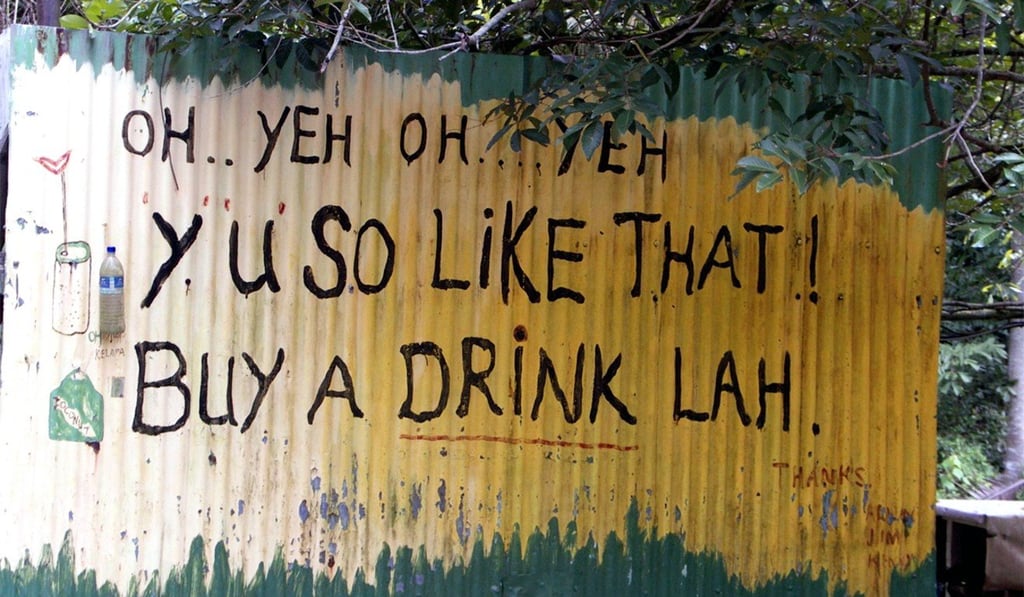Five Malay words Singaporeans claim – to the annoyance of their neighbours
Malaysia and Singapore have a healthy rivalry in just about every sphere, but especially when it comes to language. Having been admonished by a reader, we delve into the Malay roots of some Singaporean English words

Confusing a Malaysian accent for Singaporean or vice versa is always going to land you in hot water, but don’t even get them started on the roots of their respective spoken languages.
The intense rivalry felt between the two neighbouring Southeast Asian nations extends to just about everything, from food to nightlife – but most especially language and how to pronounce specific words.
Stop comparing Hong Kong with Singapore; the two are so far apart it’s meaningless
While Singapore has four official national languages – English, Mandarin, Malay and Tamil – the English-hybrid language Singlish is also commonly spoken. The choppy, staccato language borrows from a number of other Asian languages, including Malay (known in Malaysia as Bahasa Melayu).
It’s this inadvertent “borrowing” of the words that is common cause for debate among the two nations. Singlish is often sprinkled with Malay words or variations of Malay words. When a native Malay word is used in Singlish, the meaning, spelling and pronunciation has often been inadvertently changed over the generations.
That means that sometimes even non-Malay Singaporeans don’t know that a word they thought was Singlish was actually Malay all along – while to a Malay speaker, they are just butchering the word.
